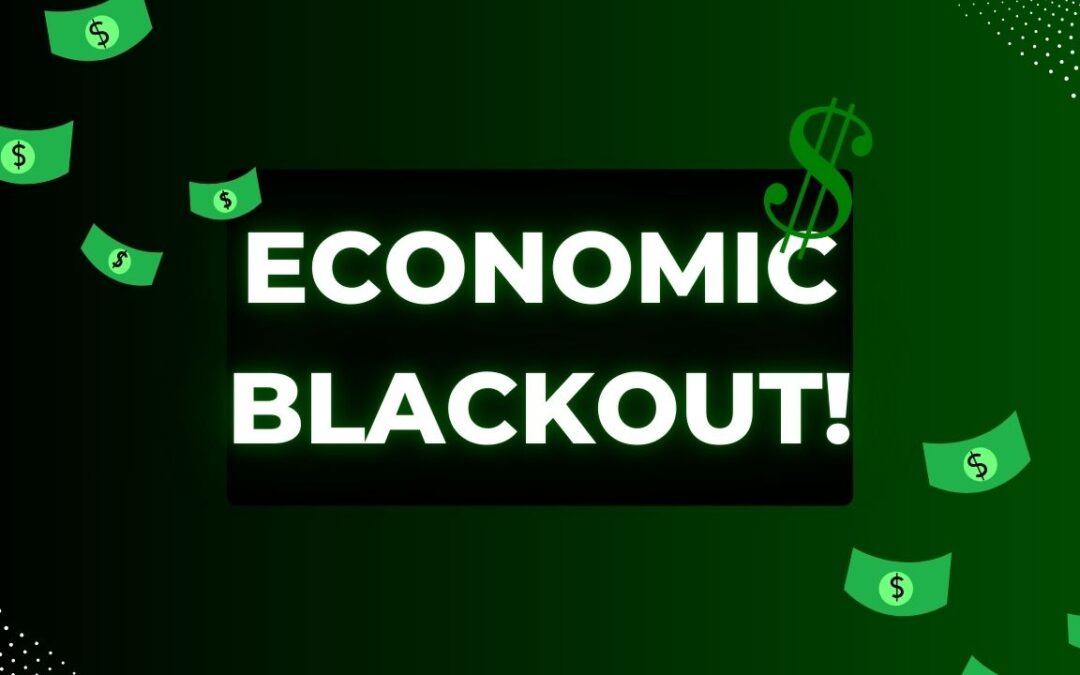Good Morning World!!
“In South Africa, we could not have achieved our freedom and just peace without the help of people around the world, who through the use of non-violent means, such as boycotts and divestment, encouraged their governments and other corporate actors to reverse decades-long support for the Apartheid regime.” – Desmond Tutu
Boycotts are powerful because economic power is real power. When we withhold our money from businesses that exploit us, whether through rising prices, corporate greed, or the rollback of diversity, equity, and inclusion initiatives, we send a clear message that we are paying attention and demanding better.
Yet, despite their effectiveness, many people still doubt whether boycotts truly make a difference. The reality is that they absolutely do. Corporations thrive on consumer spending, and when that spending stops, they’re forced to listen. That’s why today, February 28th, marks the beginning of a 24-hour economic blackout, a grassroots effort to challenge the status quo.
This is not a one-day event but part of a larger movement. More boycotts are planned in the coming months, targeting corporations that continue to prioritize profits over people. These actions require collective participation to be successful, and while it may not always be convenient to avoid certain businesses or delay purchases, the impact is undeniable.
Boycotting means making small sacrifices, whether it’s finding alternatives to everyday brands or skipping a purchase altogether. But real change never comes without some level of discomfort. The reality is that corporations respond to profit losses far more than they do to public outcry, and history has proven that economic pressure works.
The next economic blackout is scheduled for Friday, April 18th, continuing the push for corporate accountability. Additionally, targeted boycotts are planned for specific companies, including Amazon from March 7-14, Nestlé from March 21-28, Walmart from April 7-14, and General Mills from April 21-28. These are strategic actions designed to disrupt business as usual and demand that these corporations address the concerns of the people who sustain them.
This movement is about more than just holding businesses accountable. It’s about pushing back against a system that consistently prioritizes greed over fairness. By being intentional about where we spend our money, we are taking control of the narrative and demanding better from those who profit off our labor and loyalty.
Change is possible, but only if we are willing to take action. Participating in economic blackouts is a way to use financial influence as a tool for justice. Every choice to withhold money from exploitative corporations adds up, sending a strong message that we will not support businesses that refuse to act in the best interests of the people they serve.
Happy Friday!
~ Kai




